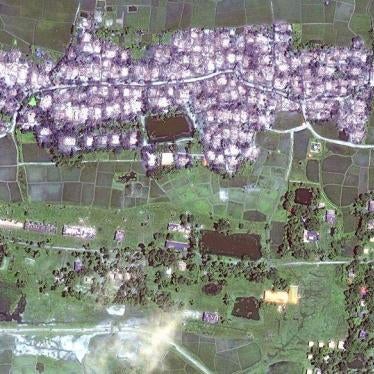A statistician, professor and human rights activist, Dr. Herb Spirer, passed away in late October at the age of 93, but his impact on human rights documentation and reporting will remain for years to come.
An expert on data analysis, Herb focused on the stories that numbers can tell: the buried lines of truth, the unconnected dots that, when strung together, can make a forceful human rights case.
Herb and his wife, Louise, recognized the power that statistics can bring to bear as evidence of abuse, especially when coupled with traditional research. The qualitative analysis based on testimony, field investigations, and document collection still form the backbone of most human rights reporting. But data analysis can add muscle and punch – and at times carry the weight.
When Human Rights Watch conducted hundreds of interviews during and after the Kosovo crisis in 1999, Herb understood how we could probe that material to reveal the hidden patterns and trends. The resulting chapter of our report helped show that many killings did not result from random wartime violence but, rather, from a carefully prepared and implemented Serbian government plan.
Today we’re exploring how to use new technologies for human rights: satellite imagery, drones, geospatial analysis, and machine learning. Herb would no doubt smile at each advance, appreciating the merger of disciplines for a profession near to his heart.










